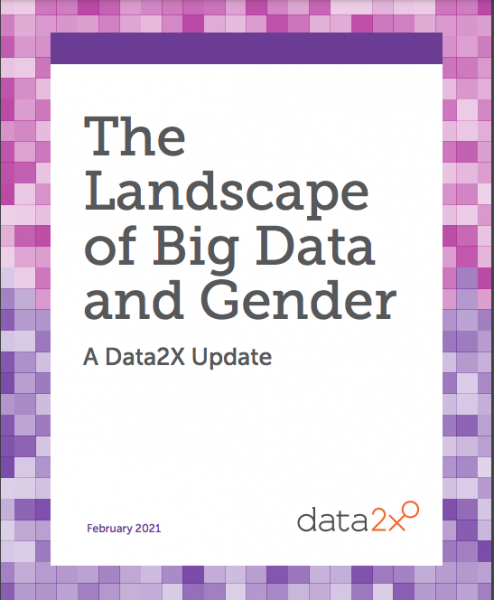Report by the Social Science Research Council: “The Covid-19 pandemic has dramatically altered the way nations around the world use technology in public health. As the virus spread globally, some nations responded by closing businesses, shuttering schools, limiting gatherings, and banning travel. Many also deployed varied technological tools and systems to track virus exposure, monitor outbreaks, and aggregate hospital data.
Some regions are still grappling with crisis-level conditions, and others are struggling to navigate the complexities of vaccine rollouts. Amid the upheavals, communities are adjusting to a new normal, in which mask-wearing has become as commonplace as seatbelt use and digital temperature checks are a routine part of entering public buildings.
Even as the frenzy of emergency responses begins to subside, the emergent forms of surveillance that have accompanied this new normal persist. As a consequence, societies face new questions about how to manage the monitoring systems created in response to the virus, what processes are required in order to immunize populations, and what new norms the systems have generated. How they answer these questions will have long-term impacts on civil liberties, governance, and the role of technology in society. The systems implemented amid the public health emergency could jeopardize individual freedoms and exacerbate harms to already vulnerable groups, particularly if they are adapted to operate as permanent social management tools. At the same time, growing public awareness about the impact of public health technologies could also provide a catalyst for strengthening democratic engagement and demonstrating the urgency of improving governance systems. As the world transitions in and out of pandemic crisis modes, there is an opportunity to think broadly about strengthening public health systems, policymaking, and the underlying structure of our social compacts.
The stakes are high: an enduring lesson from history is that moments of crisis often recast the roles of governments and the rights of individuals. Moments of crisis often recast the roles of governments and the rights of individuals.In this moment of flux, the Social Science Research Council calls on policymakers, technologists, data scientists, health experts, academics, activists, and communities around the world to assess the implications of this transformation and seize opportunities for positive social change. The Council seeks to facilitate a shift from reactive modes of crisis response to more strategic forms of deliberation among varied stakeholders. As such, it has convened discussions and directed research in order to better understand the intersection of governance and technologically enabled surveillance in conditions of public health emergencies. Through these activities, the Council aims to provide analysis that can help foster societies that are more resilient, democratic, and inclusive and can, therefore, better withstand future crises.
With these goals in mind, the Council convened a cross-disciplinary, multinational group of experts in the summer of 2020 to survey the landscape of human rights and social justice with regard to technologically driven public health practices. The resulting group—the Public Health, Surveillance, and Human Rights (PHSHR) Network—raised a broad range of questions about governance, social inequalities, data protection, medical systems, and community norms: What rules should govern the sharing of personal health data? How should the efficacy of public health interventions be weighed against the emergence and expansion of new forms of surveillance? How much control should multinational corporations have in designing and implementing nations’ public health technology systems? These are among the questions that pushed members to think beyond traditional professional, geographic, and intellectual boundaries….(More)”.

